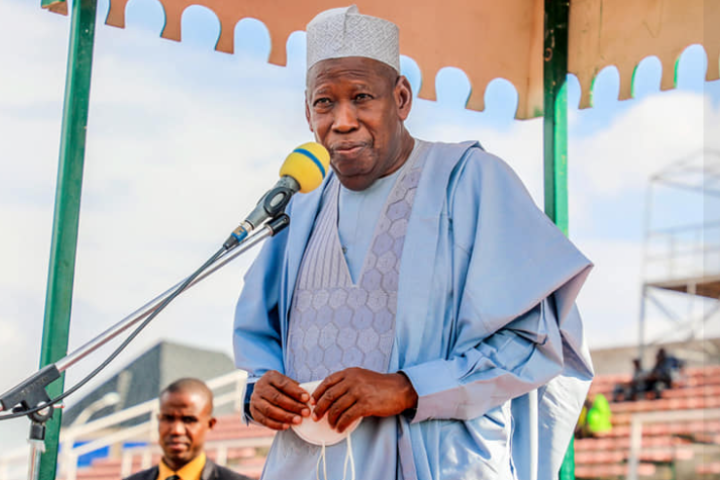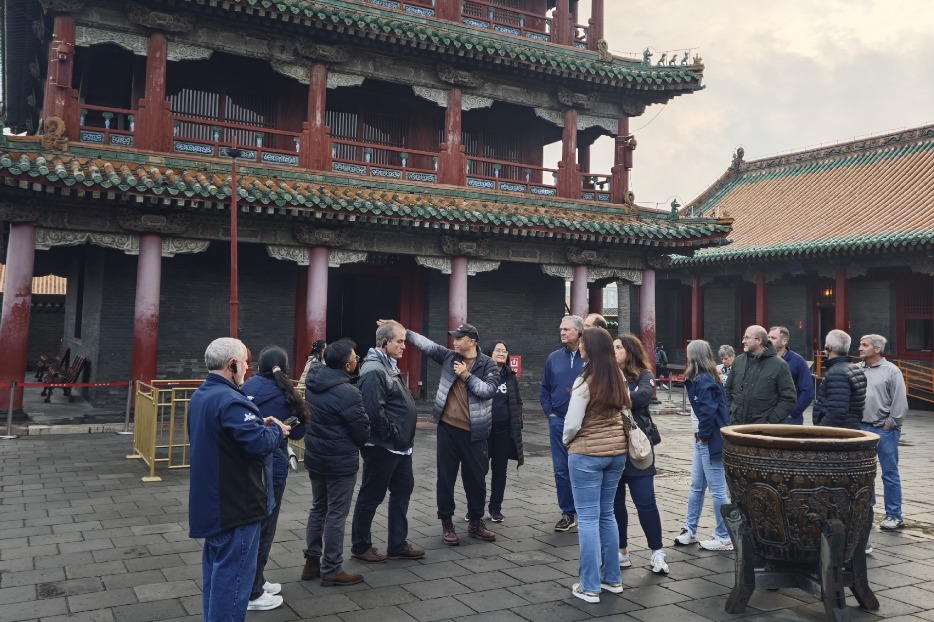Nvidia Plans US Production of AI Servers Amidst Republican Pushback on Biden's AI Chip Rule

Nvidia to Produce AI Servers in the US
Nvidia has announced plans to manufacture AI servers in the United States, investing up to $500 billion over the next four years. This initiative aligns with the Trump administration's efforts to promote local manufacturing amidst ongoing tariff concerns. The company will collaborate with partners like TSMC to bring this project to fruition.
Republican Senators Challenge AI Chip Restrictions
Seven Republican senators have formally requested that Commerce Secretary Howard Lutnick rescind a pending Biden administration rule that restricts global access to AI chips. In a letter made public on Monday, April 15, 2025, senators including Pete Ricketts, Tommy Tuberville, and Thom Tillis argue that these restrictions could harm U.S. leadership in artificial intelligence. The senators are urging immediate action to halt the rule before its scheduled implementation on May 15.
The senators contend that the AI diffusion rule will create uncertainty for American companies, stall investments, and risk the loss of crucial global partnerships. They propose an alternative approach that effectively prevents China from dominating the technology market without undermining American advantages.
Divisions within the Republican Party
The letter highlights divisions within the Republican Party regarding the balance between global access to U.S. AI chip shipments and the need to protect against China's potential access to advanced technology.
Concerns about the AI Diffusion Rule
The senators criticize the structure of the rule, which divides countries into three tiers. Only 18 nations are in the top tier with the easiest access to American technology, and they must comply with stringent regulations. Allies such as Israel are excluded from this top tier. The majority of countries fall into the second tier, facing purchase limits and a complex licensing process. Tier 3 countries, including China, are already restricted.
The senators warn that the restrictions would be difficult for U.S. companies to comply with and even harder for the U.S. government to enforce. They also suggest that these restrictions could incentivize buyers, particularly in Tier 2 countries, to seek unregulated, cheaper alternatives from China.









